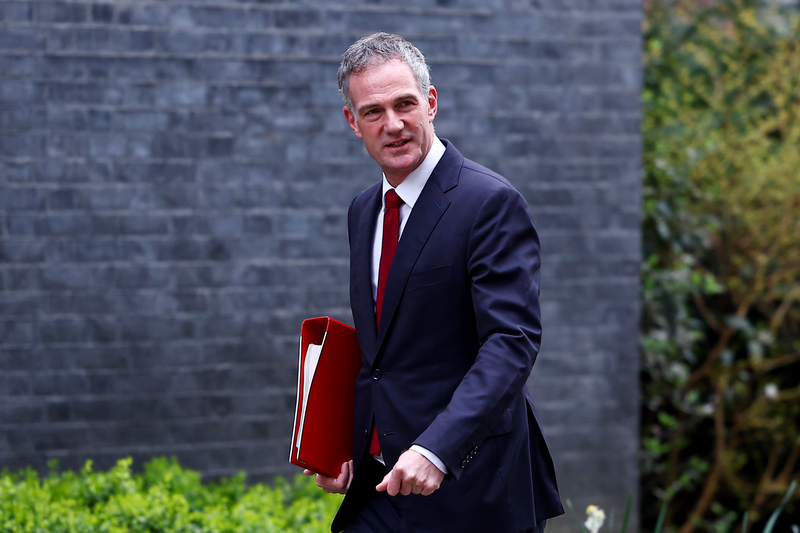The founder of a now-bankrupt artificial intelligence (AI) recruitment start-up called Joonko is facing charges from both the SEC and the United States Attorney’s Office for the Southern District of New York (SDNY).
The agencies announced their fraud charges against Ilit Raz in separate press release this week. The complaints allege that Raz raised money for Joonko by making false claims about the number of customers the company had, the number of active job candidates it was working with, and the amount of revenue it earned, according to the releases.
False and misleading statements
Raz is said to have defrauded investors of at least $21m by making such false and misleading statements. When confronted by a suspicious investor, he allegedly provided false bank statements and forged contracts, the agencies added.
According to the complaint, the scheme unraveled in mid-2023 when the investor confronted Raz, who admitted to forging bank statements and contracts and lying about Joonko’s revenue and number of customers.
The business filed for bankruptcy in May 2023, and Raz resigned as CEO in June, according to the complaint.
“Entrepreneurs tempted to artificially inflate revenues to solicit investments should be warned that this Office keeps a watchful eye of funding rounds and will continue to protect market investors.”
US Attorney Damian Williams, SDNY
“We allege that Raz engaged in an old-school fraud using new-school buzzwords like ‘artificial intelligence’ and ‘automation,’” said Gurbir Grewal, director of the SEC’s Division of Enforcement, in the agency’s press release. “As more and more people seek out AI-related investment opportunities, we will continue to police the markets against AI-washing and the type of misconduct alleged in today’s complaint.”
Charges
The SEC’s complaint charges Raz with violating the antifraud provisions of the federal securities laws. The agency is seeking a permanent injunction, civil money penalties, disgorgement with prejudgment interest and an officer-and-director bar.
The SDNY charged Raz with one count of securities fraud and one count of wire fraud; each count carries a maximum sentence of 20 years in prison.
“Raz’s now-bankrupt company allegedly left victim investors with millions of dollars in losses,” US Attorney Damian Williams said in the SDNY release. “Entrepreneurs tempted to artificially inflate revenues to solicit investments should be warned that this Office keeps a watchful eye of funding rounds and will continue to protect market investors.”
AI-washing cases, warnings
In March, the SEC announced settled charges against two investment advisers for making false and misleading statements about their purported use of AI to clients and prospective clients, fining them $400,000 in total civil penalties.
Last April, the Federal Trade Commission, Department of Justice, Equal Employment Opportunity Commission and Consumer Financial Protection Bureau issued a joint statement, warning advertisers “not to overpromise what your algorithm or AI-based tool can deliver” lest they violate consumer protection law.
The CFPB on its own has warned financial institutions they “run the risk” of noncompliance with existing federal consumer financial laws when “chatbots ingest customer communications and provide responses … [that] may not be accurate.”
In February, SEC Chair Gary Gensler spoke at an event held at Yale Law School warning registered firms to avoid misleading the public by saying they are using an AI model when they are not or saying they are using an AI model in a particular way but not actually doing so.
“Such AI-washing, whether it’s by companies raising money or financial intermediaries, such as investment advisers and broker-dealers, may violate the securities laws,” Gensler said.
Red-hot AI
Venture investment in AI start-ups has soared in recent years. Venture investors last year committed roughly $73 billion to AI start-ups globally, a 152% rise compared with 2017, according to analytics firm PitchBook Data. Its peak was in 2021; in that year, AI start-ups raised $128 billion.
By 2025, global AI investment is projected to reach $200 billion, with the US holding the most prominent investment amount at $328,548 billion.
Obviously, businesses need to find the capital to acquire and implement these new AI technologies and reshape business processes. But those investments – and the marketing initiatives to support them – require attention to candor and adherence to the rules and laws that protect investors, the financial markets, and the reputation of the businesses themselves.
















